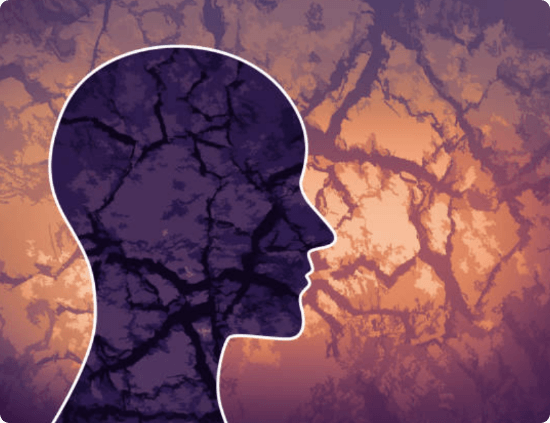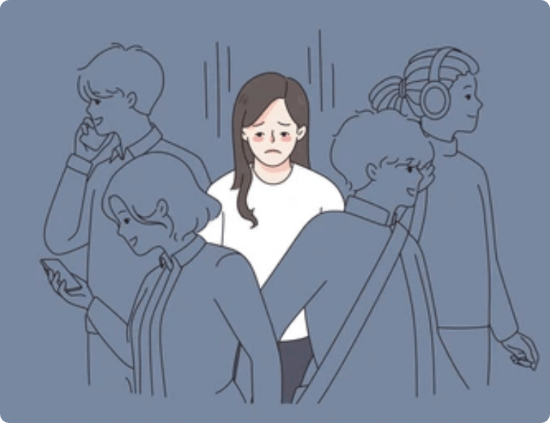


Grief is an unavoidable tragedy for us all. At some point in our lives, we will have to face the reality of losing someone (accidents, homicide, medical conditions, suicide etc) or something we hold dear. It can be incredibly painful and difficult to deal with as they cope with this grief.
When it comes to loss, people react very differently to one. It is important to have an idea of what to look for in someone who is grieving, or what to recognise in yourself as you process your own grief. While these reactions may be common, not all are healthy and will need to be addressed when they affect your life.
There is no wrong way to grieve and no one expects you to be completely fine after a loss. Even those with exceptional maturity/objectivity, will grieve in their own way. If these effects/reactions persist or hinders your functionality to the point where it affects your health (mental and physical), your relationships due to withdrawal/negative behaviours, attendance at school/work etc, you should seek the support you need. Mourning is part of the healing journey, but so is wanting to heal. When you address your grief, you will be able pay respect to those you lost, and find practical ways to cherish their memory while also moving forward with your life. Bottom line is, you do not have to go through this alone.



Bright Ray can help alleviate your pain by providing a safe space to air out your concerns and thoughts. Speaking aloud what you’re thinking gives you a very good perspective on where you stand with your grief and how you can move forward. You can express yourself openly on whatever feelings you may have, even those of anger, frustration or other reactions that you may not be able to express to others due to it being considered ‘wrong’ or unusual. We will help you develop coping strategies that give your grief direction rather than keep you stuck.
Trauma is a physical, emotional and psychological response when you go through something stressful, or experience high levels of fear. Trauma is not limited to experiencing or witnessing physical violence, sexual violence, abuse, life threatening situations etc, but can also be a response to other circumstances such as neglect, bullying, socio-economic issues, cultural issues etc. How people respond to their trauma can be very different to one another. There is no ‘right’ or ‘wrong’ way to react to your trauma, but there are healthy and unhealthy ways to do so. Some reactions may seem healthy in the short term but can impact your life down the line.
While some may heal from their trauma relatively quickly, others may take longer. It may be even more difficult if that trauma happened in childhood where you weren’t been able to understand or process it correctly. One of the most common ways trauma can manifest in people is through PTSD (Post Traumatic Stress Disorder). Sometimes when people experience terrifying or other traumatic situations, they end up frozen in their trauma response and unable stop even though the situation is no longer stressful/threatening. Some of the common symptoms include:






Our goal at Bright Ray is to help you understand and process your trauma in a healthy manner and find better ways to cope with your symptoms practically. Any negative thoughts, embarrassment or other feelings that prevent you from disclosing your concerns to those around you, can be aired out in a safe space with no prejudice. You are in safe hands.
